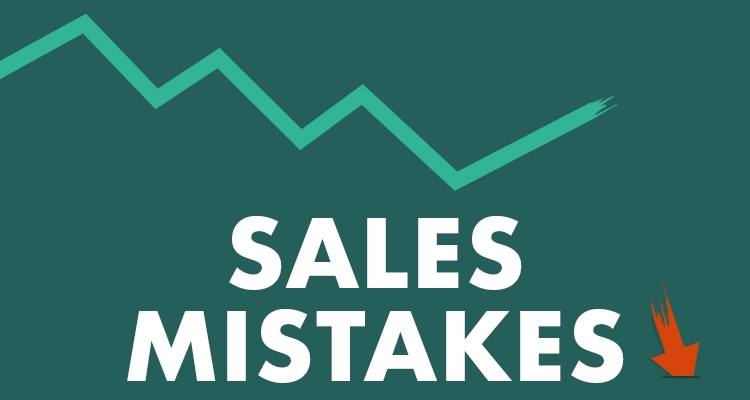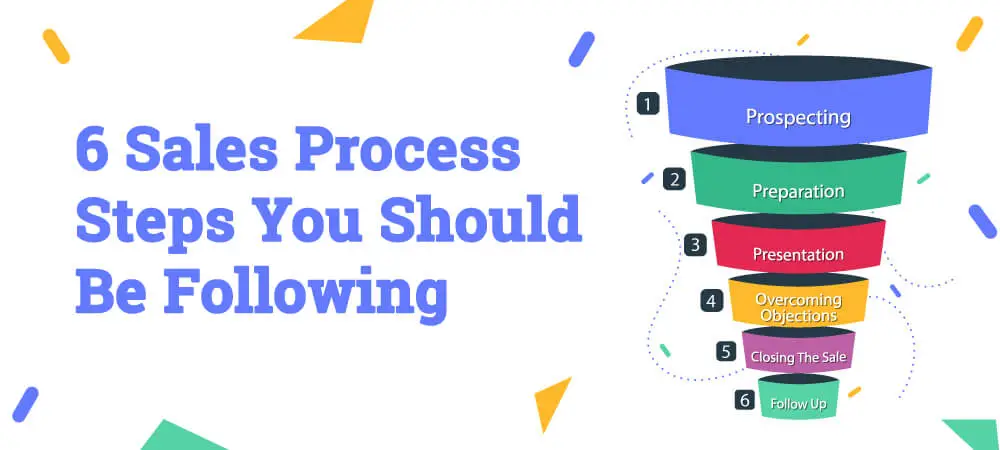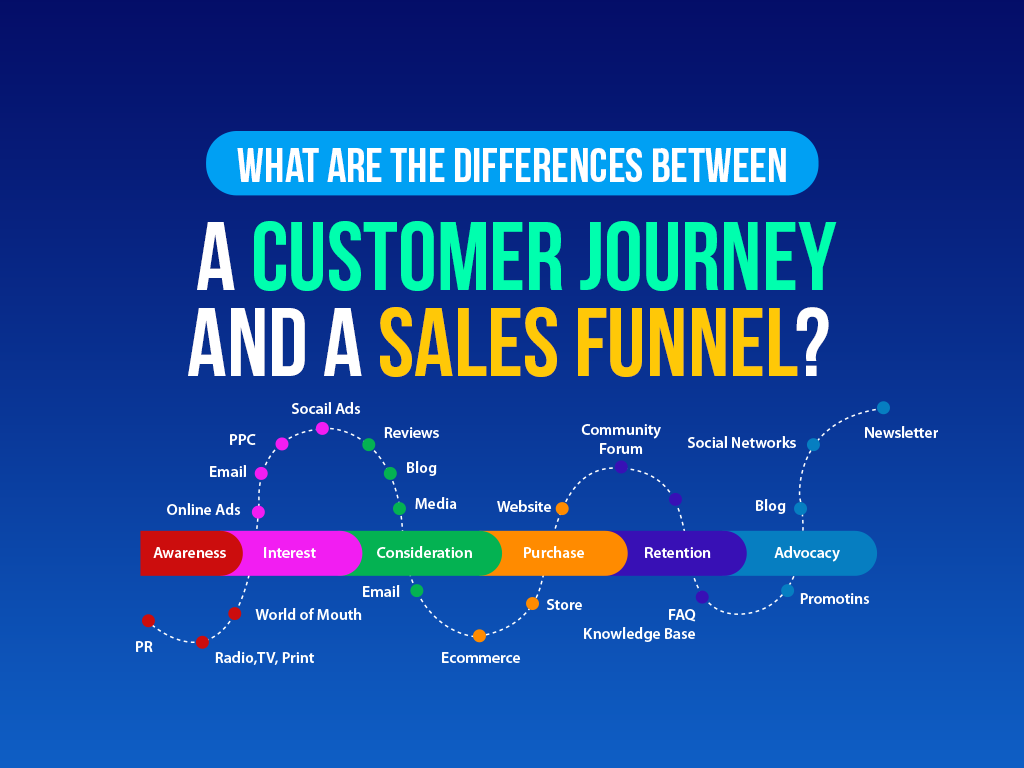6 common mistakes to avoid in sales
6 common mistakes to avoid in sales. Sales professionals often face challenges when it comes to successfully closing deals and meeting targets. To excel in the competitive field of sales, it is crucial to steer clear of common mistakes that could hinder your sales performance. By understanding and avoiding these pitfalls, you can enhance your sales strategies and achieve greater success in your sales endeavors. In this blog post, we will discuss some of the most prevalent mistakes made in sales and provide insights on how to avoid them.
Key Takeaways:
- Lack of preparation: Ensure you understand your product and customer needs before engaging in sales conversations.
- Focusing too much on the product: Shift the conversation to how the product can solve the customer’s problems or enhance their life.
- Not listening to the customer: Pay attention to their needs and adjust your pitch accordingly to provide tailored solutions.
- Not following up: Don’t let leads go cold by neglecting to follow up after the initial interaction.
- Not building relationships: Establishing trust and rapport with customers is crucial for long-term success in sales.
Lack of Product Knowledge
Failing to Understand the Product
Knowledge is power, especially in sales. Failing to fully understand the product or service you are selling can be a critical mistake. Customers look to sales representatives for information and guidance, so having a thorough understanding of the features, benefits, and unique selling points of what you are offering is vital. Without this knowledge, you may miss out on opportunities to address customer needs and close deals effectively.
Not Keeping Up with Product Updates
Product knowledge is not a one-time effort. It is crucial to stay updated with any changes or updates to the products or services you are selling. Failing to keep up with these updates can lead to misinformation, which can undermine your credibility with customers. Regularly reviewing product information, attending training sessions, and staying in touch with product development teams are key to staying informed and maintaining your expertise.
Lack of consistent product updates can result in outdated information being provided to customers. This can lead to confusion, mistrust, and ultimately lost sales opportunities. It is important to make staying up-to-date with product changes a priority to ensure you are always well-equipped to provide accurate and valuable information to your customers.
Ineffective Communication
Not Listening to the Customer
You cannot effectively communicate with your customers if you are not actively listening to their needs. Some salespeople make the critical mistake of thinking about their response while the customer is speaking, instead of truly understanding what the customer is trying to convey. By not listening attentively, you risk missing important cues that could help you tailor your pitch and offer a solution that meets their specific needs.
Overwhelming with Too Much Information
Listening is key in sales, but bombarding the customer with too much information can be just as detrimental. While it’s important to provide relevant details about your product or service, overwhelming the customer with a deluge of information can lead to confusion and disinterest. It’s crucial to strike a balance between sharing key information and allowing the customer time to process and ask questions.
Customers appreciate a salesperson who can communicate effectively by providing the right amount of information at the right time. It’s important to gauge the customer’s level of understanding and interest before delving into intricate details. Note, the goal is to engage the customer in a meaningful conversation that addresses their needs and concerns, not to inundate them with unnecessary facts and figures.
Poor Sales Tactics
Being Too Pushy or Aggressive
Not all sales tactics are created equal, and being too pushy or aggressive with potential clients can often do more harm than good. Pushing too hard can come across as insincere and may turn off your prospects, ultimately leading to a lost sale. It’s important to strike a balance between being persistent and respectful of the client’s boundaries.
Neglecting the Follow-Up
To ensure successful sales, following up with potential clients is crucial. Neglecting the follow-up can result in missed opportunities and lost sales. By staying in touch with prospects and providing them with the information they need, you can build trust and increase your chances of closing the deal.
With neglecting the follow-up, you risk losing the momentum gained during the initial contact. Following up allows you to address any additional questions or concerns the prospect may have, further demonstrating your commitment to meeting their needs.
Being consistent and timely with your follow-up efforts shows your dedication to fostering a relationship with the client. It also gives you the opportunity to provide any necessary support or information that can help move the sales process forward.

Failing to Identify Customer Needs
Overlooking Customer Pain Points
Your sales success hinges on your ability to truly understand your customer’s needs. One common mistake in sales is overlooking customer pain points. These pain points are the challenges and problems that your potential customers are facing. By neglecting to identify and address these pain points, you miss out on opportunities to offer solutions that can add value to your customers’ lives and drive sales. Take the time to listen actively to your customers and ask probing questions to uncover their pain points.
Assuming Instead of Assessing
To avoid another common sales mistake, never make assumptions about what your customers want or need. One mistake many sales professionals make is assuming instead of assessing. When you assume, you risk misreading the customer’s true needs and potentially losing the sale. Instead, take the time to assess the situation by asking open-ended questions and actively listening to the customer’s responses. This allows you to gather valuable insights and tailor your approach to better meet the customer’s needs.
Failing
Inadequate Preparation and Planning
Skipping Research on Prospects
Research is a crucial step in the sales process that should never be overlooked. Understanding your prospects’ needs, challenges, and goals allows you to tailor your approach and offerings to better address their specific requirements. By skipping this important phase, you risk coming across as uninformed and unprepared, which can lead to lost opportunities and credibility.
Lacking a Structured Sales Process
One of the most common mistakes in sales is the lack of a structured sales process. Without a clear framework in place, sales reps may navigate deals inconsistently, missing key steps or objectives along the way. A structured sales process provides guidance, ensures efficiency, and enhances the overall customer experience.
Planning is crucial in sales to effectively guide your interactions with prospects from initial contact to closing the deal. Mapping out a clear strategy and timeline, setting goals, and identifying potential challenges in advance can significantly increase your chances of success. By investing time in preparation and planning, sales professionals can better position themselves for achieving their targets and building long-lasting relationships with clients.
Mismanagement of Customer Relationships
Ignoring Customer Feedback
The most common mistake in sales is ignoring customer feedback. The feedback received from customers is invaluable in understanding their needs, preferences, and pain points. Failing to listen to and act upon customer feedback can lead to missed opportunities for improvement and growth in your business.
Not Building Trust and Rapport
Any successful sales relationship is built on trust and rapport. Failing to establish a connection with your customers can hinder your ability to understand their needs and ultimately make a sale. Building trust and rapport creates a foundation for a long-lasting and mutually beneficial relationship with your customers.
Understanding the importance of trust and rapport in sales is crucial for success. By showing genuine interest in your customers, actively listening to their concerns, and delivering on your promises, you can build a strong foundation of trust. This trust will not only lead to increased sales but also create loyal customers who are likely to recommend your products or services to others.
Conclusion on 6 common mistakes to avoid in sales
Conclusively, avoiding common sales mistakes is crucial for success in the sales industry. By being aware of pitfalls such as overselling, not listening to customers, and lacking follow-up, sales professionals can increase their chances of closing deals and building lasting relationships with clients. To research deeper into the topic, refer to 24 Sales Mistakes to Avoid in 2022 (and Beyond) for valuable insights and strategies to improve your sales approach.
I hope you took away learnings from “6 common mistakes to avoid in sales” also read Don’t Be That Seller: What NOT to Do in a Sales Pitch in 2024 – Pulse Business
Support us if you like the content Home – rajdeepchauhan.com






